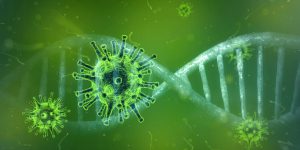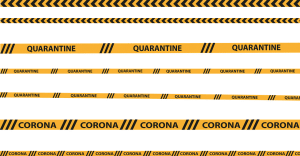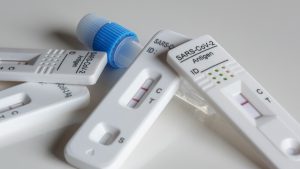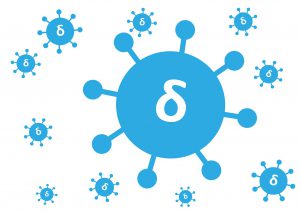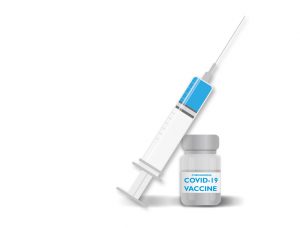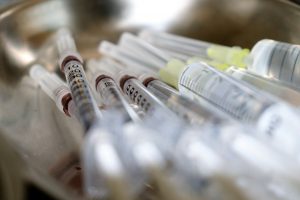The past couple of years have been stressful for everyone. Many people have experienced social isolation, as well as the loss of loved ones and jobs, so it’s no wonder that so many are also dealing with mental health issues. But now researchers are linking Covid infection directly to psychiatric disorders, including psychosis. The long-term effects of having Covid are still being determined, but it seems that Covid patients are not only more likely to have long-term heart problems, but are also more likely to face mental health issues.
The Study
A new study published in the British Medical Journal (BMJ), has revealed that Covid infection seems to be linked to long-term mental health issues. The study included 153,000 patients who tested positive for Covid in the Veterans Affairs health system between March 2020 and January 2021, none of whom had had mental health diagnoses or treatment within the 2 years before being infected with Covid.

The study found that after having Covid :
- 39% of the patients were more likely to be diagnosed with depression compared with people who had not had Covid
- 35% were more likely to be diagnosed with anxiety in the months following their infection
- 38% were more likely to be diagnosed with stress and adjustment disorders
- 41% were more likely to be diagnosed with sleep disorders
“The risk of incident mental health disorders was consistently higher in the Covid-19 group in comparisons of people with Covid-19 not admitted to the hospital versus those not admitted to hospital for seasonal influenza, admitted to hospital with Covid-19 versus admitted to hospital with seasonal influenza, and admitted to hospital with Covid-19 versus admitted to hospital for any other cause,” the authors wrote.
Growing Needs
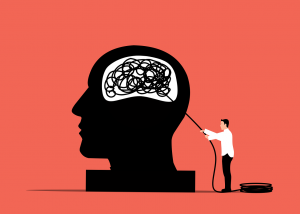
All of this is disturbing news, especially since the World Health Organization has reported that the pandemic has disrupted or halted critical mental health services in 93% of countries worldwide, and that 72% of mental health services for adolescents were halted between June and August 2020.
“I think greater awareness that this is happening is an important first step,” Dr. Ziyad Al-Aly, the study’s senior investigator and Chief of Research and Development at the VA St. Louis healthcare system, told news site Salon by email. “I also think that health systems should anticipate this and build capacity to provide equitable care to people with mental health disorders. It is important to identify people early, and treat them to mitigate the development of much larger problems down the road (e.g. suicide epidemic, or another opioid epidemic).”
“The wave of people with mental health disorders is going to be hitting the clinics in the next year or two or three, as a result of Covid and as a result of the pandemic,” Al-Aly said.
